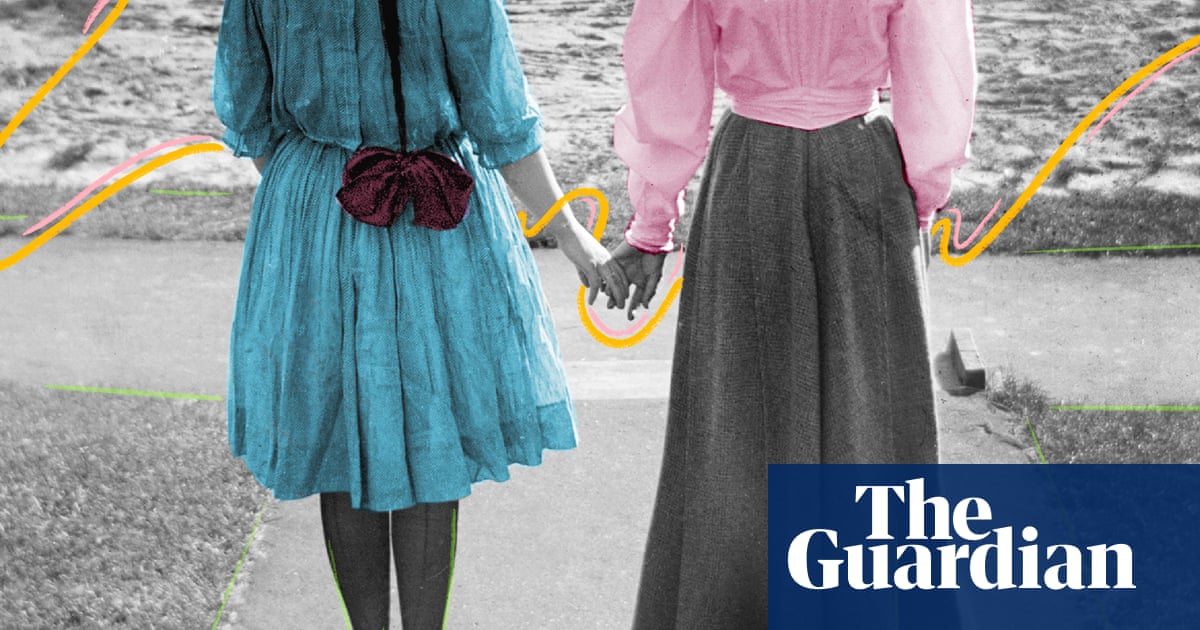By the time I was 19, my life had spiralled out of control – I was homeless and destitute, my infant son was living with my abusive mother and I was addicted to heroin. I’d had a pretty dodgy childhood; my father died when I was very young and I was left with my mother. At 16, already very traumatised by what I’d experienced at home, I ran away and ended up living in Sydney. It was 1996.
I was pretty much living with whoever I could take drugs with at the time, until that situation became unstable, and then I would go somewhere else. I wound up with this guy I met using. Together we came up with this grand plan to end our lives because we were both in hopeless situations. That didn’t work, obviously. He ended up in intensive care in a very bad way and I ended up in the psych ward, with nowhere else to go.
That’s when Joanne came along. She was a friend of a friend; someone I’d met briefly just once before. She came to visit me in the psych ward and asked what I planned to do. I told her the truth – I didn’t know. And she did something remarkable. She said, “Come and stay at my house. I’ll look after you and we’re going to get you into rehab.”
I was some random, homeless junkie and she invited me into her house. She put me up on her sunroom floor, on a mattress, and fed me bowl after bowl of porridge with dried fruit in it. I could have just taken everything she owned, walked out the door and gone to get another hit. But I didn’t because all I knew was that I had to stop taking heroin, and that I needed someone to show me how to do that.
Joanne came up with an action plan and wrote a list of all the detox facilities in Sydney, and all the residential rehabs in Sydney. Because she knew I wanted to get my son back, she focused on the rehabs where you could have children. First, she got me into a medicated detox, where they got me off heroin and off methadone at the same time – which was awful. From there I went to a 12-month residential rehab where you could have your child with you.
That saved my life and changed me in such a dramatic way. I had never had the experience of being accepted and helped with no expectation of anything in return, the way Joanne accepted and helped me.
She visited me a couple of times while I was in rehab, cheering me on and bringing me some secondhand clothes. And then I just lost touch with her. I’ve often wished I could reach out and tell her what she did for me.
My life since then has been remarkable. I went to university for a very long time. I stayed there until they were paying me to teach. I’ve got a PhD, I wrote a book. Don’t get me wrong, awful stuff continued to happen after that, because that’s what happens when you have a traumatic upbringing – it sets you up for really bad things to happen throughout your life.
But my son turns 30 tomorrow and he still lives with me. We’ve got the closest parent-child relationship in my entire extended family. He is employed and a wonderful, respectful human being. I never would have thought this was possible back when I was sitting in that psych ward. Joanne didn’t just save my life – she saved my son’s life, too.
Before Joanne, I had become invisible in the world, as people who are homeless often do. She didn’t see the homelessness or the drug addiction. She saw a person who was responding to trauma. She did the perfect thing – she put me in a safe place, told me I was going to be OK and helped me find some hope for the future. I’m nearly 50 now and I’ve spent the last 30 years striving to be more like her.
Now, anytime I’m sad, I make myself porridge for dinner. I chop the dried fruit up and gently place it in the bowl the way Joanne did, because that’s my safe place.
In Australia,Lifelineoffers 24/7 crisis support available on 13 11 14. Other international helplines can be found atwww.befrienders.org.
Angela Williams is the author of Snakes and Ladders, published by Affirm Press
Your contact details are helpful so we can contact you for more information. They will only be seen by the Guardian.
Your contact details are helpful so we can contact you for more information. They will only be seen by the Guardian.
If you’re having trouble using the form clickhere.Read terms of servicehereand privacy policyhere
